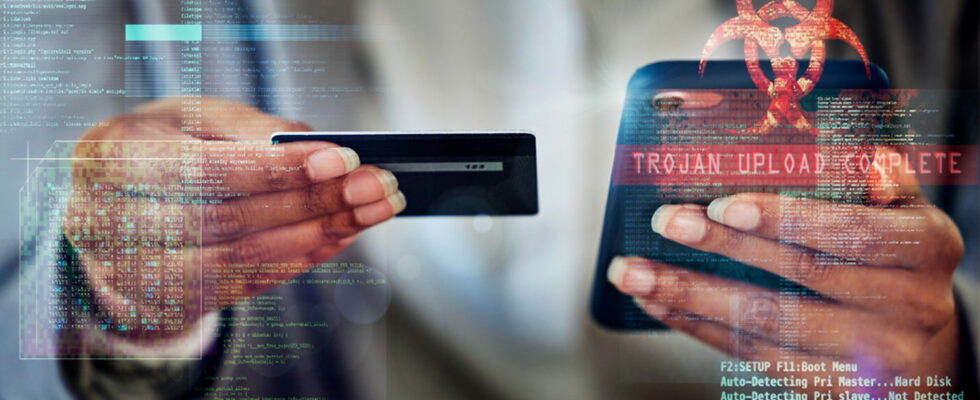In two recent judgments, the Court of Cassation deemed two victims of banking scam responsible for serious negligence. A decision that could make case law by exempting banking establishments from all responsibility.
Scams and online frauds have become commonplace, and unfortunately many people fall into the trap. Some have the unpleasant surprises to wake up one morning and discover that important sums have disappeared from their bank account. They then turn to their bank to ask for explanations and, above all, to refute these transfers.
Indeed, According to the lawwhen a customer disputes a suspect transaction with his bank, the latter is required to reimburse him within 24 hours. It is up to the bank to launch investigations in the event of doubt, since the customer pays a service to ensure the security of his transactions (see our article). Finally, that is in theory, because many of them refuse, accusing the victims of negligence and believing that they themselves participated in the scam.
And the last decision of the Court of Cassation should not arrange things. In two judgments rendered on January 15, 2025, the institution believes that customers were guilty of “serious negligence”, This gives off the bank of all responsibility, even in the event of a breach of its duty of vigilance. A decision that comes to case with the expense of victims consumers …
Banking scam: mailboxes trapped by pirates
In The first casea couple made two transfers for the purchase of a vehicle. But the seller means to them that he has never received money. They then discover that their electronic messaging has been hacked and that the seller’s Iban was replaced by that of a crook, who thus pocketed the entire sum. They then turn to their bank in order to recover all of the funds.
In the second casea man, accountant within two companies, received a suspect email written in English. However, he was infected with a virus and, by clicking on it, the victim installed a Trojan horse on his device. Malware then recovered many personal and banking data in order to subsequently make several bank flows for a total of 498,000 euros. Again, the man turned to his bank to obtain a refund.
Bank card fraud: customers guilty of serious negligence
The Court of Cassation, however, considered that these bank frauds were the responsibility of customers. Indeed, according to the article L. 133-23 of the Monetary Code, “The payer supports all the losses caused by unauthorized payment operations if these losses result from a fraudulent act on his part or if he has not intentionally or by serious negligence to the obligations mentioned above.” The institution considered that click on an e-mail manifestly fraudulent or provide an erroneous iban yourself, even if it was substituted by the victim’s knowledge, underwent serious negligence.
Note that the courts of appeal had initially retained a sharing of responsibilities, considering that the banks had also failed in their obligation of vigilance, in particular by ignoring security alerts and numerous attempts at suspicious connection.
The subject of reimbursement of bank fraud by banks is an extremely complex subject and the interpretation of the law is extremely variable, which complicates case law. For example, in 2023, the Court of Cassation ordered a bank to compensate a customer victim of a scam with unauthorized payment, while the latter sought to emerge from any responsibility for reimbursement by invoking the serious negligence that Proof the victim (see our article). Although the Customer communicated the number linked to a strong authentication to a third party, who pretended to be a bank employee, the body judged that the bank had the legal obligation to put in place security measures Robust to ensure that online payments are authentic and secure.
